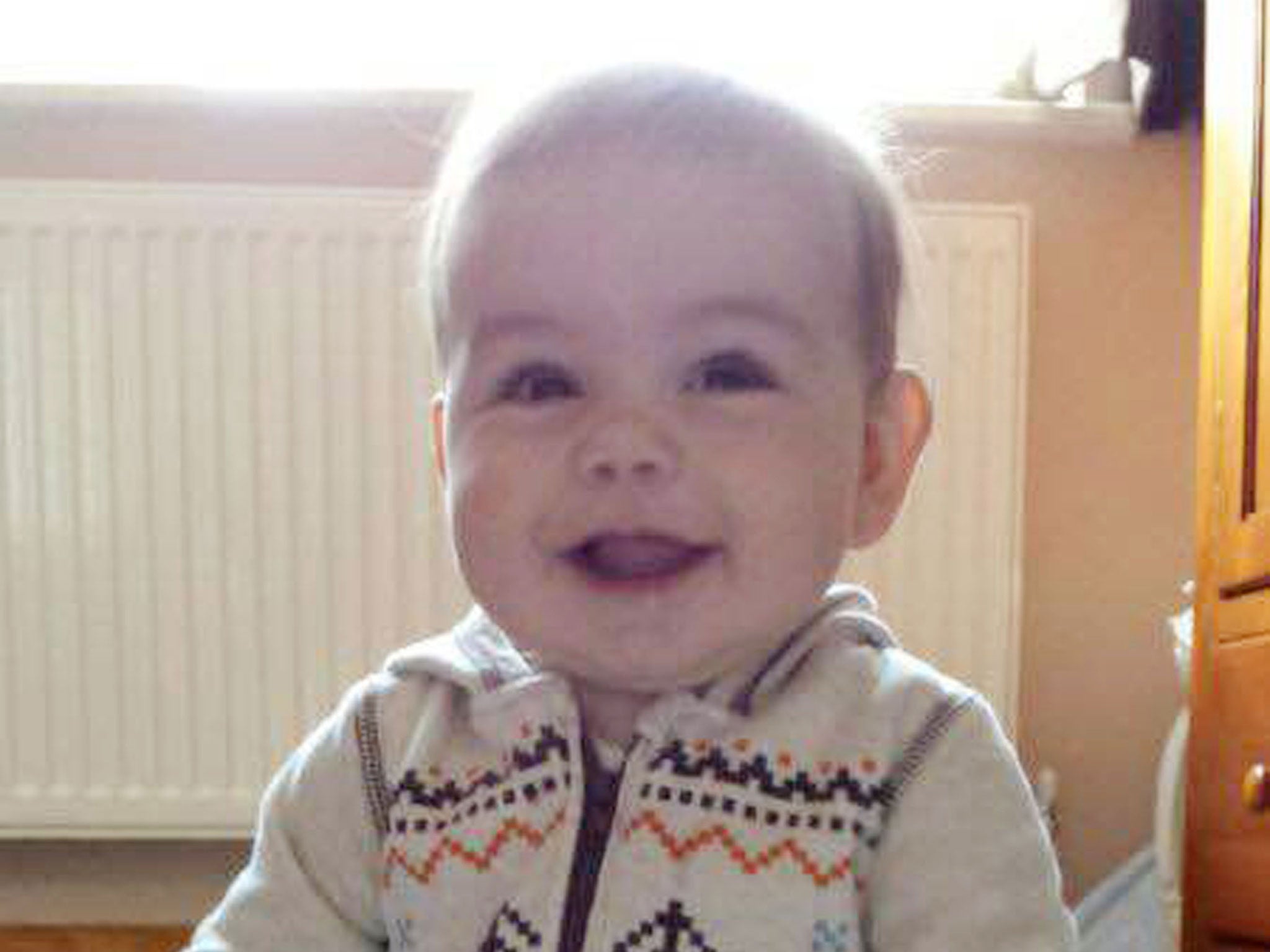Jeremy Hunt launches nationwide sepsis campaign to help parents spot the signs in children
Disease causes 37,000 deaths in England each year

Jeremy Hunt has launched a nationwide campaign to help parents spot the signs of sepsis.
The Health Secretary is hoping to raise awareness of the “devastating” condition which causes around 37,000 deaths each year in England.
Mr Hunt said “we need to get far better at spotting it across the NHS”, adding: “By raising awareness and improving clinical practice we will save lives in the fight against this horrible illness.”
The campaign, delivered by Public Health England and the UK Sepsis Trust, is part of a series of measures by the NHS to tackle the condition which arises as a complication of an infection.
It is aimed at parents and carers of newborns to four-year-old children.
Millions of leaflets urging parents to take their child to A&E or call 999 if their child is displaying symptoms will be delivered to GP surgeries and hospitals across the country.
Parents should take immediate action if their child looks mottled, bluish or pale, appears lethargic or difficult to wake, is abnormally cold to touch, is breathing rapidly, has a rash that does not fade when pressed or has a fit or convulsion.
Melissa Mead, who lost her baby son William to sepsis two years ago, will appear in a new film which forms part of the campaign.
Ms Mead said: “Sepsis is a cruel, ruthless condition which doesn't discriminate and can affect anyone. I hope this campaign reaches as many people as possible, so all parents out there know about sepsis and how serious it can be. The more parents know, the quicker they can act if they suspect their child may be suffering from sepsis - it could be life-saving.
The campaign supporter and UK Sepsis Trust ambassador added: “I will never hear my sweet child say 'Mummy I love you'. I will never know the man that William would have grown to be. So please, it is too late for me to 'think sepsis', but it's not too late for you.”
Mr Hunt praised Ms Mead and other “families who have tragically lost children to sepsis” for their help with the campaign.
Sir Bruce Keogh, national medical director for NHS England said: “This campaign is an important addition to our ongoing work - we will never treat sepsis in time unless everyone 'thinks sepsis'.”
Dr Ron Daniels, chief executive of the UK Sepsis Trust, said: “With sepsis claiming over 37,000 lives annually in England, this awareness campaign is a crucial step forward. Clinicians and members of the public can save thousands of lives every year if they just ask: could it be sepsis?
“The UK Sepsis Trust welcomes this initiative, but system-wide improvements to sepsis care must follow. We're delighted to have developed campaign materials that will empower parents to identify sepsis symptoms in their children and seek medical attention immediately.”
Three-year-old Sam Morrish, from Devon, died on December 23 2010. He died from severe sepsis because of a catalogue of errors, including how his call was handled by NHS Direct, now replaced by the 111 service.
Call handlers at NHS Direct failed to categorise Sam's mother's call as urgent, despite indications that his vomit contained blood.
Even when hospital staff finally realised he was critically ill, they waited three hours before administering the antibiotics that could have saved his life.
His mother, Sue Morrish, said: “The sepsis campaign is hugely important to us and I know it will also be incredibly significant to other campaigning parents who have lost children to sepsis. We had never heard of the condition before Sam died. Had we known about it and what the signs were, then he could have survived.
“On the day that he died, he was going to be a shepherd in a nativity play. I know that the run-up to Christmas is incredibly busy for families but I appeal to all parents, if you see something about sepsis awareness on social media please share it.
“It is vital that parents share this information with other parents. Sam never got the chance to be a shepherd - we don't want other families to experience the same tragedy.
“The launch of the campaign on Thursday has been a long time coming and comes two years after (we) met with Mr Hunt and asked for sepsis awareness campaign for parents. The timing it is especially poignant as Sam died six years ago this Christmas.”
PA
Join our commenting forum
Join thought-provoking conversations, follow other Independent readers and see their replies
0Comments